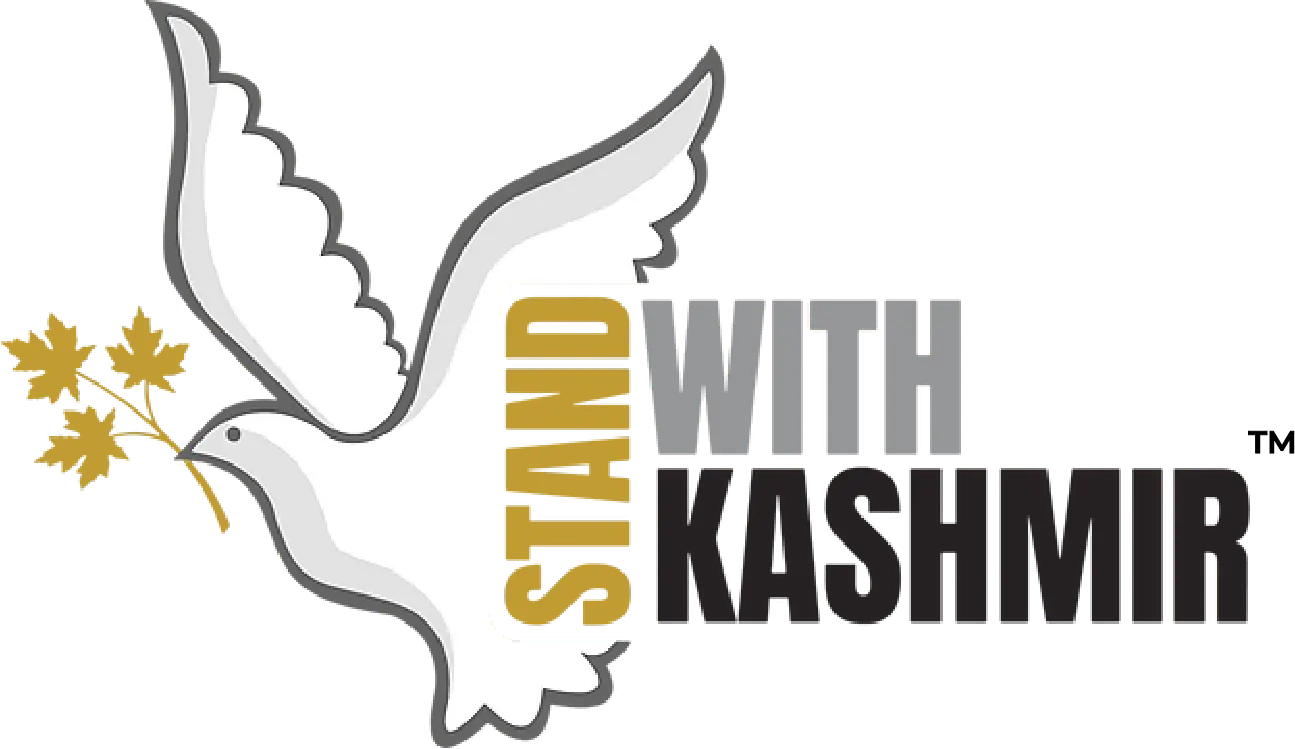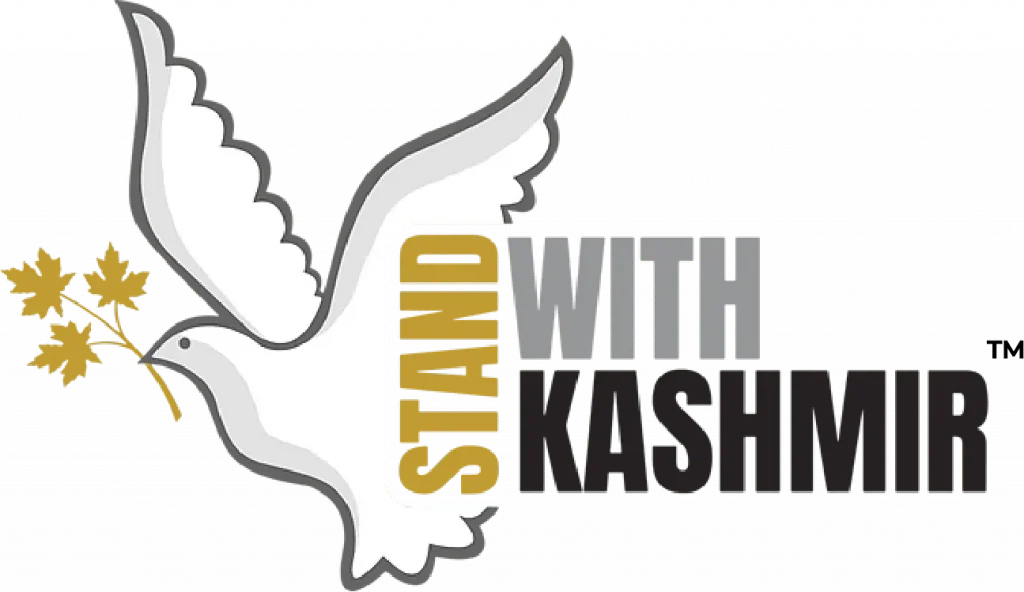-
Aggarwal, Ravina. 2004. Beyond Lines of Control. Durhan: Duke University Press.
-
Aijazi, Omer. 2018. “Kashmir as Movement and Multitude.” Journal of Narrative Politics 4(2): 88-118.
-
Ali, Nosheen. 2012. “Poetry, Power, Protest: Reimagining Muslim Nationhood in Northern Pakistan.” Comparative Studies of South Asia, Africa and the Middle East 32(1): 13-24.
-
Ali, Nosheen. 2013. “Grounding Militarism: Structures of Feeling and Force in Gilgit-Baltistan.” In Everyday Occupations: Experiencing Militarism in South Asia and the Middle East, edited by Kamala Visweswaran, 85–114. Philadelphia: University of Pennsylvania Press.
-
Ali, Nosheen. 2016. “Kashmir and Pakistan’s Savior Nationalism.” Critical Kashmir Studies, December 27.
-
Ali, Nosheen. 2019. Delusional States: Feeling Rule and Development in Pakistan’s Northern Frontier. Cambridge: Cambridge University Press.
-
Bhan, Mona. 2016. “Divide and Rule.” Kindle, April 2.
-
Bharat, Meenakshi, and Nirmal Kumar, editors. 2008. Filming the Line of Control: The Indo-Pak Relationship through the Cinematic Lens. New Delhi: Routledge.
-
Gupta, Radhika. 2014. “Experiments with Khomeini’s Revolution in Kargil: Contemporary Shi‘a Networks between India and West Asia.” Modern Asian Studies 48(2): 370-398.`
-
Gupta, Radhika. 2013. “Allegiance and Alienation: Border Dynamics in Kargil.” In Borderland Lives in Northern South Asia, edited by D. Gellner. Durham: Duke University Press.
-
Hayat, Javaid. Forthcoming. Azad Jammu & Kashmir. Polity, Politics, and Power-Sharing. Pakistan: Oxford University Press.
-
Kabir, Ananya Jahanara. 2009. “Cartographic Irresolution and the Line of Control.” Social Text 27(4(101)): 45-66.
-
Kaul, N. (2011) “On Loving and Losing Kashmir”, India International Centre (IIC) Quarterly, Special Issue on Kashmir, Winter-Spring. Co-published as a book in Ira Pande (ed.) A Tangled Web: Jammu & Kashmir, Delhi: Harper Collins India, pp 42-53.
-
Mahmud, Ershad. 2018. “The Contingencies of Everyday Life in Azad Jammu and Kashmir.” In Resisting Occupation in Kashmir, edited by Haley Duschinski, Mona Bhan, Ather Zia, and Cynthia Mahmood. Philadelphia: University of Pennsylvania Press.
-
Mathur, Shubh. 2013. “The Perfect Enemy: Maps, Laws and Sacrifice in the Making of Borders.” Critique of Anthropology 33 (4): 429–446.
-
Robinson, Cabeiri deBergh. 2013. Body of the Victim, Body of the Warrior: Refugee Families and the Making of Kashmiri Jihadists. Berkeley: University of California Press.
-
Smith, Sara. 2013. “In the Past, We Ate from One Plate”: Memory and the Border in Leh, Ladakh.” Political Geography 35:47-59.
-
Smith, Sara. 2012. “Intimate Geopolitics: Religion, Marriage, and Reproductive Bodies in Leh, Ladakh.” Annals of the Association of American Geographers 102: 1511-1528.
-
Snedden, Christopher. 2013. Kashmir: The Unwritten History. New Delhi: Harper Collins.
-
Sökefeld, Martin. 2018. “‘Not Part of Kashmir, but of the Kashmir Dispute’: The Political Predicaments of Gilgit-Baltistan.” In Kashmir: History, Politics, Representation, edited by Chitralekha Zutshi, 132-149. Cambridge: Cambridge University Press.
-
Van Beek, M. 2003. “The Art of Representation: Domesticating Ladakhi Identity.” In Ethnic and Religious Revival and Turmoil: Identities and Representations in the Himalayas, edited by M. Lecomte-Tilouine and P. Dollfus. Delhi: Oxford University Press.
-
Wahid, Siddiq. 2001. “Ladakh: Political Convergence and Human Geography.” India International Centre Quarterly. 27/28(4/1): The Human Landscape: 215-225.
-
Zakaria, Anam. 2018. Between the Great Divide: A Journey into Pakistan-Administered Kashmir. New Delhi: Harper Collins.
-
Ather, Zia. 2019. “LoC: The Line ‘Out’ of Control in the Region of Kashmir.” American Quarterly 71(4): 1037-1043.

